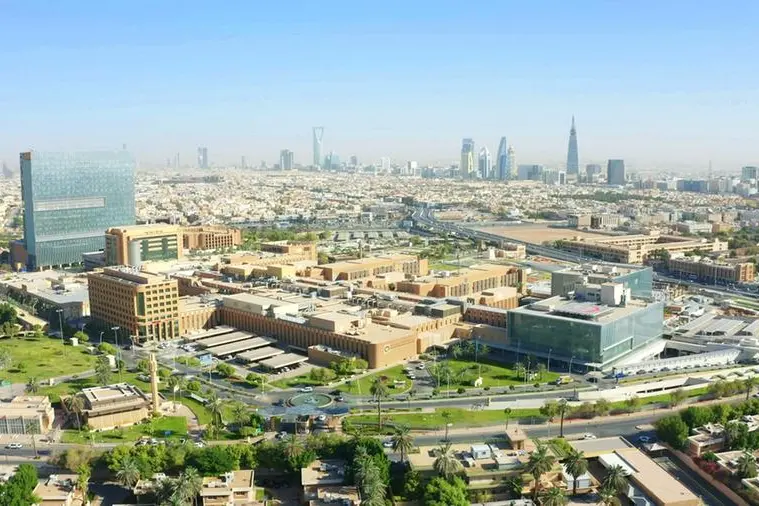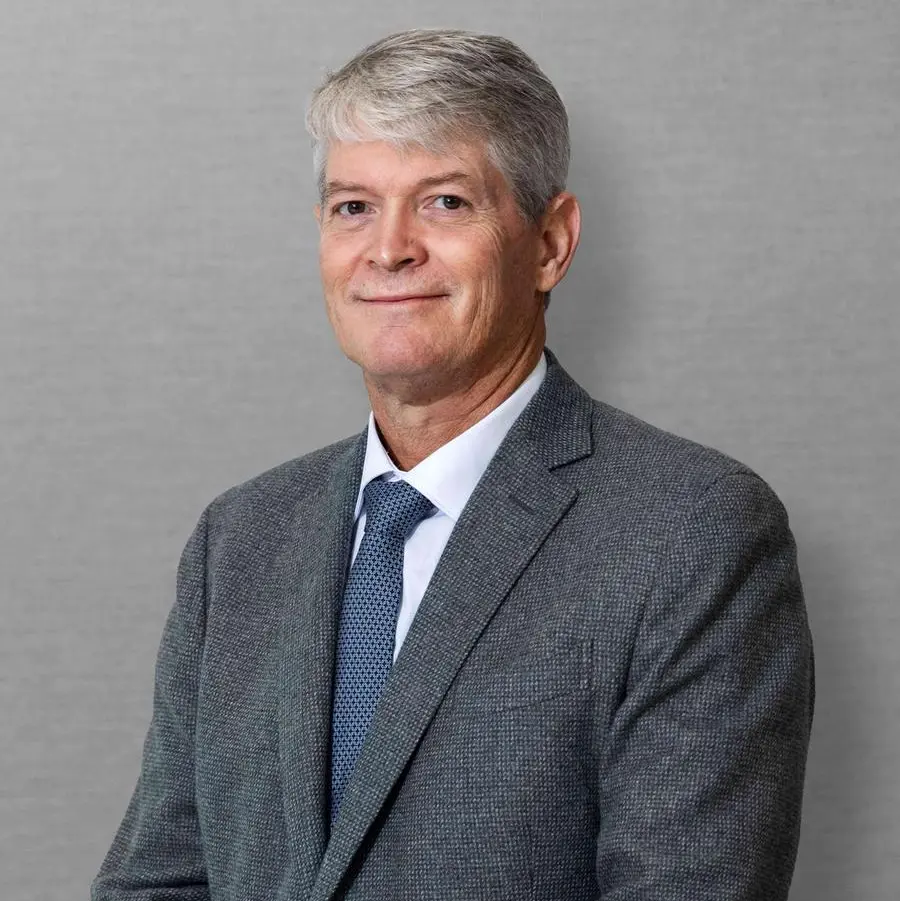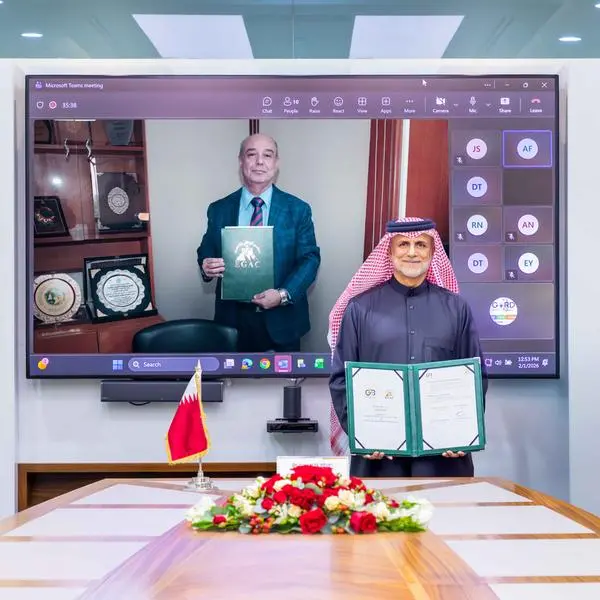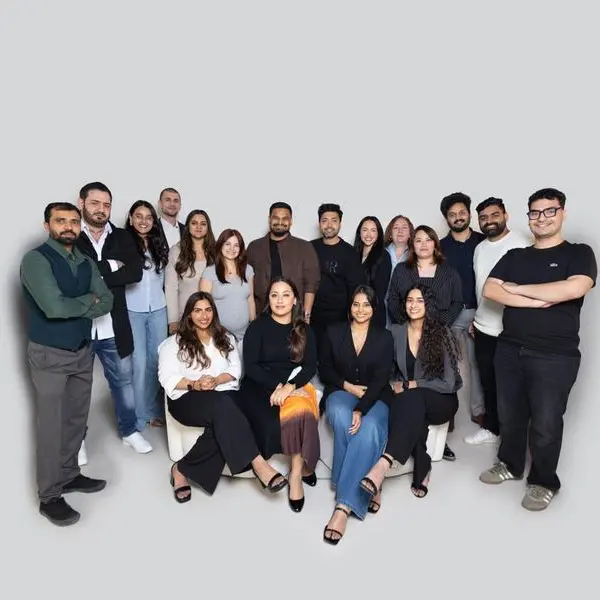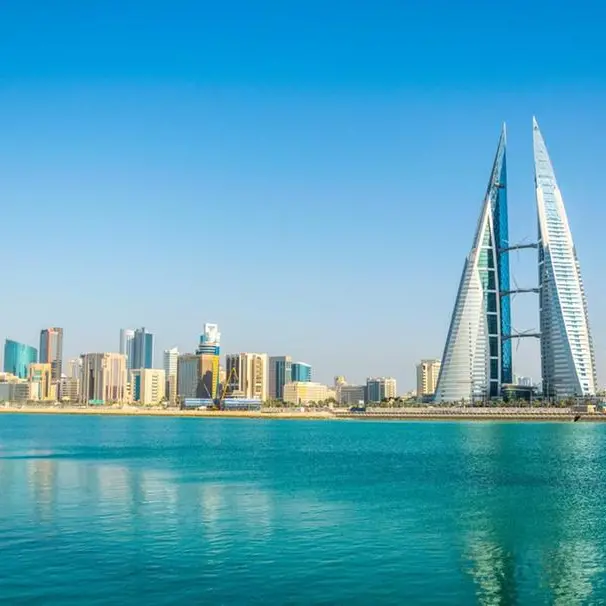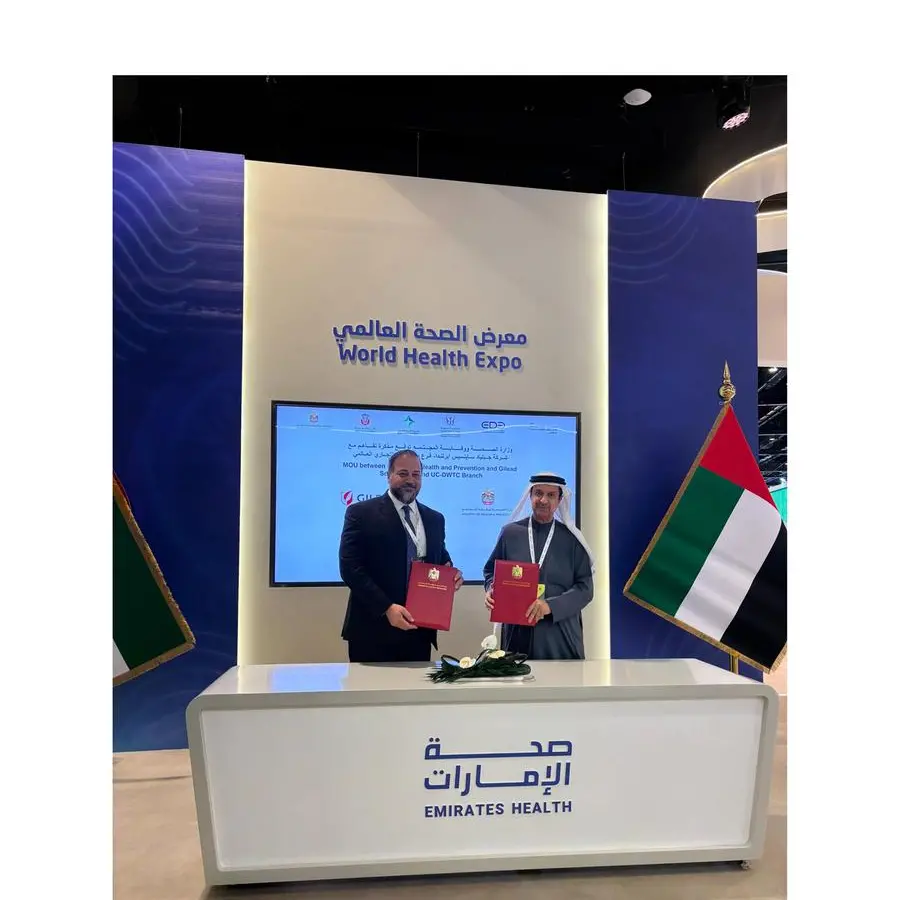PHOTO
Riyadh: King Faisal Specialist Hospital & Research Centre (KFSHRC) has restored hope to three patients (two men and a child) of varying ages, suffering from heart failure and weakened heart muscle, after successfully transferring viable hearts from donors in Abu Dhabi, Jeddah, and Riyadh to the hospital and transplanting them into the three patients within 24 hours.
The journey of restoring hope for the three patients began with the dedicated medical teams from the Heart Centre at KFSHRC traveling to Abu Dhabi and Jeddah, where suitable brain-dead donors were available to provide hearts. These life-saving organs were then transported by private aircraft to Riyadh. Additionally, another medical team from KFSHRC was dispatched to King Abdulaziz Medical City (KAMC) in Riyadh to procure the third heart from a suitable brain-dead donor.
The hearts were then quickly transported by ambulances, with the support of the Riyadh Traffic Department, which expedited the transfer from King Khalid International Airport (KKIA) and KAMC to KFSHRC. Within 24 hours, all three hearts were procured, transported, and transplanted successfully at KFSHRC, demonstrating swift and effective coordination.
The first patient, a nine-year-old girl suffering from heart muscle weakness, had her life saved through the implantation of an artificial pump in March. She remained hospitalized, unable to rely on the pump and waiting for a matching donor. A matching donor was found in coordination with the Saudi Center for Organ Transplantation and the National Program for Donation and Transplantation of Human Organs and Tissue (HAYAT) in the UAE. Consequently, KFSHRC's team traveled to Abu Dhabi to procure the donor's heart at Cleveland Clinic Abu Dhabi.
The heart was then flown to KKIA and transported by ambulance to KFSHRC in Riyadh, where it was successfully transplanted into the child by a medical team led by Dr. Zuhair Al-Halees, Senior Consultant Cardiac Surgeon. The child is currently under continuous medical observation.
Simultaneously, another medical team traveled to KAMC in Jeddah to procure the heart from another brain-dead donor. The second patient, a forty-year-old man, was suffering from End-stage heart disease, and his life was saved by implanting a temporary pump. Then, at a later stage, he received a durable artificial pump, which lasted seven years. A matching donor heart was identified, then transported to Riyadh and successfully transplanted into this patient by a medical team led by Dr. Feras Khaliel, Consultant Cardiac Surgeon and Head of the Heart Transplant Program at KFSHRC. Currently, the patient is mobilizing well, eating, and communicating with his family, and is in a stable condition.
The third patient, a 41-year-old man, was suffering from fourth-degree heart muscle failure and had an artificial pump implanted a year ago. When a matching brain-dead donor was available at KAMC in Riyadh, a medical team procured the heart and transported it to KFSHRC, where Dr. Feras Khaliel led the transplant surgery. The surgery was successful, and the patient is currently under medical observation and in stable condition.
Timing is crucial for the success of heart transplants, as medical standards require that the period between heart procurement from the donor and transplantation into the patient should be at most five hours to ensure the transplant's success. This poses an additional logistical challenge, particularly when the brain-dead donor is located in different regions within or outside the Kingdom of Saudia Arabia, making every minute's delay critical to the transplant's success.
The heart transplant procedures were not only medical interventions but also a testament to collaboration, which involved completing regulatory procedures, obtaining approvals from the donor's family, and coordinating between medical and field teams across countries, regions, and hospitals to restore hope to the patients.
With this success, KFSHRC reaffirms its exceptional capabilities in performing precise and complex operations, overcoming various challenges to bring hope and life to many patients and their families, and harnessing all efforts with relevant authorities to save lives.
It is noteworthy that King Faisal Specialist Hospital & Research Centre has been ranked first in the Middle East and Africa and 20th globally, in the list of the world's top 250 Academic Medical Centres for the second consecutive year and recognized as the most valuable healthcare brand in the Kingdom and the Middle East, according to the 2024 Brand Finance rankings. Additionally, in the same year, it was ranked among the world's best 250 hospitals by Newsweek magazine.
